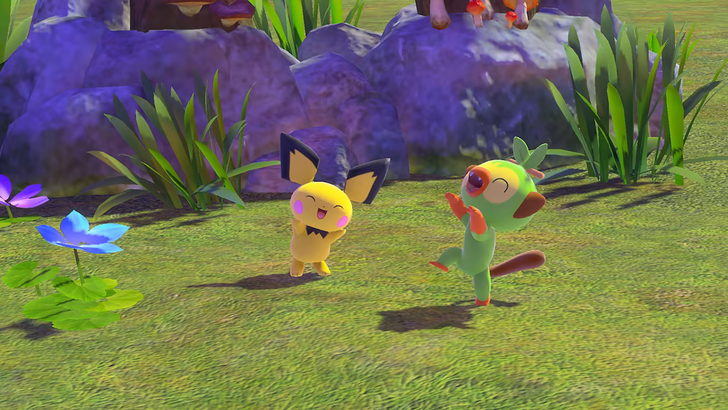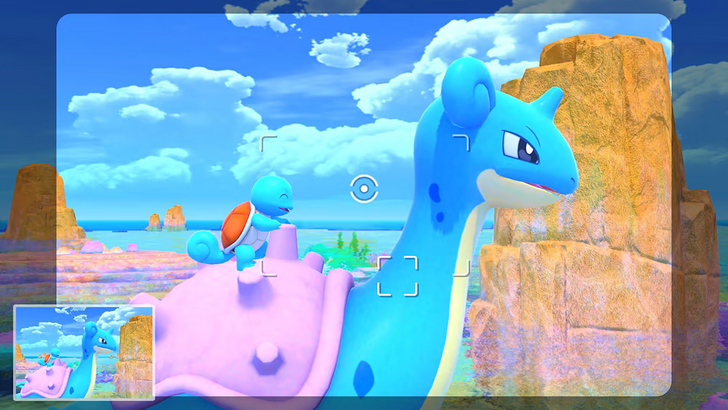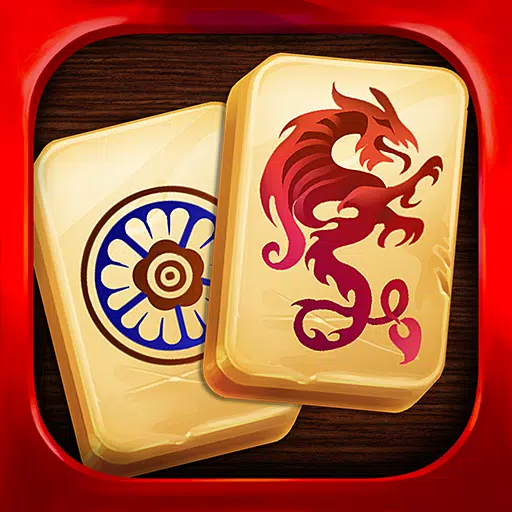Pokemon Officially Releases in China, Starting with New Pokemon Snap
 Nintendo makes history in China with the debut of New Pokémon Snap. This article explores the significance of this launch and why it's the first official Pokémon game in China.
Nintendo makes history in China with the debut of New Pokémon Snap. This article explores the significance of this launch and why it's the first official Pokémon game in China.
New Pokémon Snap's Chinese Launch: A Historic Moment
Pokémon's Official Return to China
 On July 16th, New Pokémon Snap, a first-person photography game released globally on April 30th, 2021, became the first officially released Pokémon game in China. This marks a significant event, breaking through restrictions stemming from China's video game console ban (enacted in 2000 and lifted in 2015). The ban, initially implemented due to concerns about negative impacts on children's development, is now a thing of the past for this beloved franchise. This signals a new era for Nintendo and Pokémon fans in China.
On July 16th, New Pokémon Snap, a first-person photography game released globally on April 30th, 2021, became the first officially released Pokémon game in China. This marks a significant event, breaking through restrictions stemming from China's video game console ban (enacted in 2000 and lifted in 2015). The ban, initially implemented due to concerns about negative impacts on children's development, is now a thing of the past for this beloved franchise. This signals a new era for Nintendo and Pokémon fans in China.
Nintendo's 2019 partnership with Tencent to bring the Switch to China paved the way for this momentous occasion. The release of New Pokémon Snap represents a major step in Nintendo's strategy to penetrate one of the world's largest and most lucrative gaming markets. This launch is part of a broader push by Nintendo to increase its presence in China, with more high-profile titles planned for release in the coming months.
Future Nintendo Releases in China
 Following New Pokémon Snap, Nintendo has announced several upcoming releases for the Chinese market, including:
Following New Pokémon Snap, Nintendo has announced several upcoming releases for the Chinese market, including:
⚫︎ Super Mario 3D World + Bowser’s Fury ⚫︎ Pokémon Let’s Go, Eevee and Pikachu ⚫︎ The Legend of Zelda: Breath of the Wild ⚫︎ Immortals Fenyx Rising ⚫︎ Above Qimen ⚫︎ Samurai Shodown
This diverse lineup showcases Nintendo's commitment to establishing a strong gaming presence in China, leveraging popular franchises and new releases to capture a significant market share.
Pokémon's Unexpected Chinese Legacy
 The surprise among international Pokémon fans regarding the long-standing console ban highlights the unique history of the franchise in China. Despite the ban, a substantial fanbase developed, with players accessing games through unofficial channels, including overseas purchases and counterfeit versions. Smuggling was also an issue, as evidenced by a recent incident involving a woman smuggling 350 Nintendo Switch games.
The surprise among international Pokémon fans regarding the long-standing console ban highlights the unique history of the franchise in China. Despite the ban, a substantial fanbase developed, with players accessing games through unofficial channels, including overseas purchases and counterfeit versions. Smuggling was also an issue, as evidenced by a recent incident involving a woman smuggling 350 Nintendo Switch games.
The iQue Player, a collaboration between Nintendo and iQue released in the early 2000s, represented an attempt to address rampant piracy. This device, essentially a compact Nintendo 64 integrated into the controller, offered a branded alternative to pirated copies.
 The remarkable global success of Pokémon without official access to the Chinese market is noteworthy. Nintendo's recent actions indicate a strategic shift towards fully engaging with this previously untapped market.
The remarkable global success of Pokémon without official access to the Chinese market is noteworthy. Nintendo's recent actions indicate a strategic shift towards fully engaging with this previously untapped market.
The introduction of Pokémon and other Nintendo titles into China marks a significant turning point for both the company and its fans. Nintendo's continued expansion into this complex market suggests a bright future for gaming in China and beyond.






















![FurrHouse [Ch. 3]](https://images.dshu.net/uploads/30/1719555089667e54115d59f.jpg)





